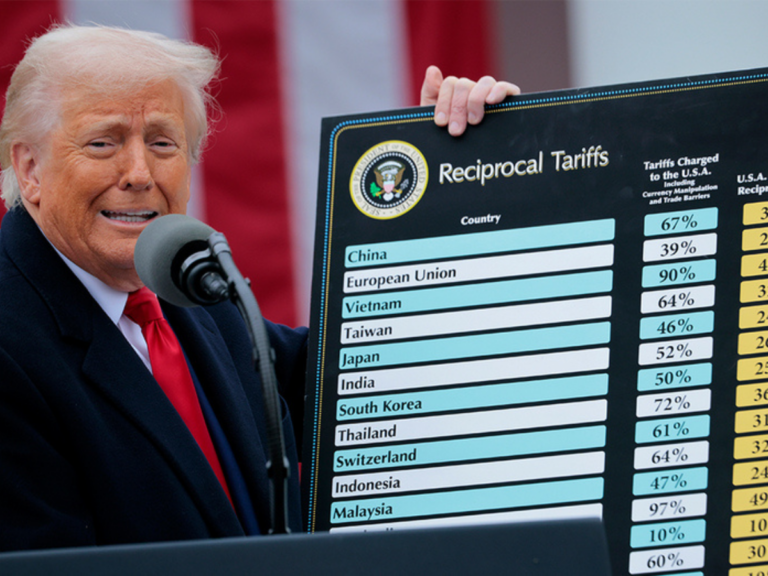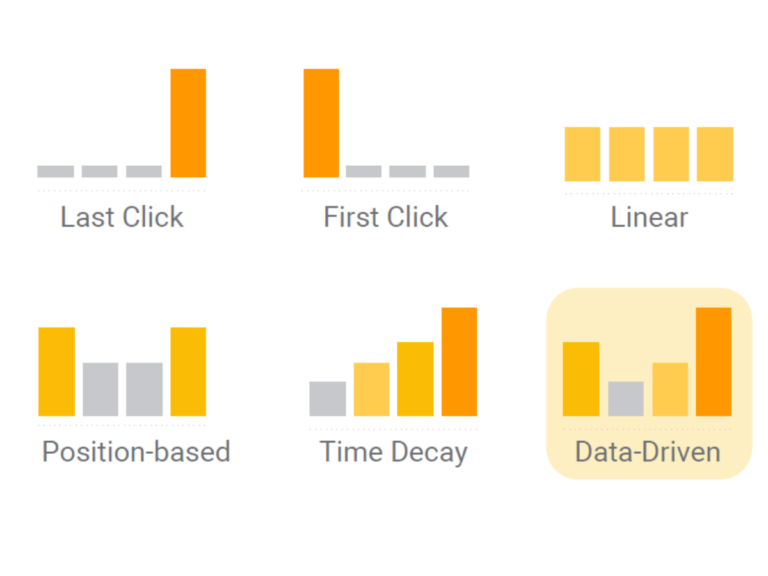We searched “Are display campaigns good?”: Google said yes.
Then we searched “Are display campaigns bad?”: Google also said yes.
Cool. Super helpful.
This is exactly why trying to figure out a Digital Marketing strategy on your own can feel like chasing your tail. You get conflicting answers, outdated strategies, or advice that completely misses the context of your business.
The truth is, Google’s advice isn’t necessarily wrong, it’s just generic.
So… What’s The Real Answer?
Well, it depends. (Classic, we know.)
In this case, display campaigns can work really well when you:
- Have a strong brand presence
- Use them to support retargeting
- Pair them with upper-funnel strategies that make sense for your audience
- Know how to control placements and avoid wasted spend
Display campaigns don’t work so well when you:
- Treat them like search campaigns
- Expect them to drive bottom-funnel conversions on their own
- Don’t monitor placements or optimize targeting
- Are just letting Google automate everything and hoping for the best
See what we mean? The answer isn’t black and white, and Google isn’t going to tell you that.
Google Isn’t Here to Grow Your Business
This part’s worth repeating: Google’s goal isn’t to grow your business: it’s to get you to spend money on its platform or click on more ads. And to be fair, they’re pretty good at it.
That shiny new recommendation in your account? The one saying “Add broad match keywords for better performance”? That’s not based on your actual performance, it’s based on what helps Google’s machine learn faster. And learning faster means… you guessed it: spending more.
Google Reps are incentivised to push broad match on you too, it makes them more money at the end of the day.
Does that always translate into better results for you? Not necessarily.
A lot of the suggestions you’ll see in your Google Ads account are meant to increase spend, not necessarily profitability. Broad match keywords, auto-applied recommendations, pushing Performance Max, these all can be useful tools. But when used blindly, they usually lead to wasted budget and super murky reporting.
Then How Do You Craft A Digital Marketing Strategy?
Digital marketing isn’t just about clicking “yes” on every new tool or trend. It’s about building a strategy that connects the dots between platforms, performance, and profit.
A smart digital strategy asks:
- Is this actually helping us grow revenue?
- Does this align with our profit margins and customer journey?
- How does this impact other channels like SEO, email, or paid social?
Google’s machine learning doesn’t know your margins. It doesn’t know how your inventory looks this month or that your customer LTV is way higher in Q4.
You need a team who understands that. Who challenges the generic platform recommendations and builds a full-funnel strategy that’s made for your business.
Because real growth doesn’t come from chasing every feature Google pushes out. It comes from knowing which ones to ignore, which ones to test, and which ones to scale.
At the end of the day, Google doesn’t know your margins. Or your inventory issues. Or your customer lifetime value. Or your sales goals this quarter.
You know who does? We do.
- Stop taking Google’s yes/no answers at face value.
- Start looking at what drives profitable growth for your specific goals.
- Build a strategy that fits your brand, not just Google’s suggestions.
If you’re tired of trying to decode Google, we get it. Let’s talk and build a plan that actually makes sense for your business.
Bottom line: Google’s platform is powerful, but only if you know how to control it. Otherwise, you’re just handing them the keys and hoping for the best.





no replies